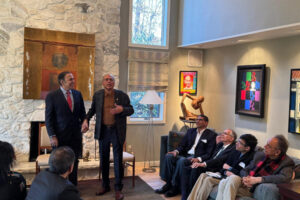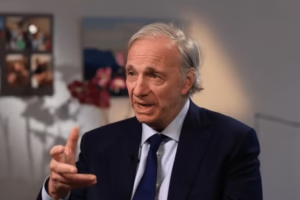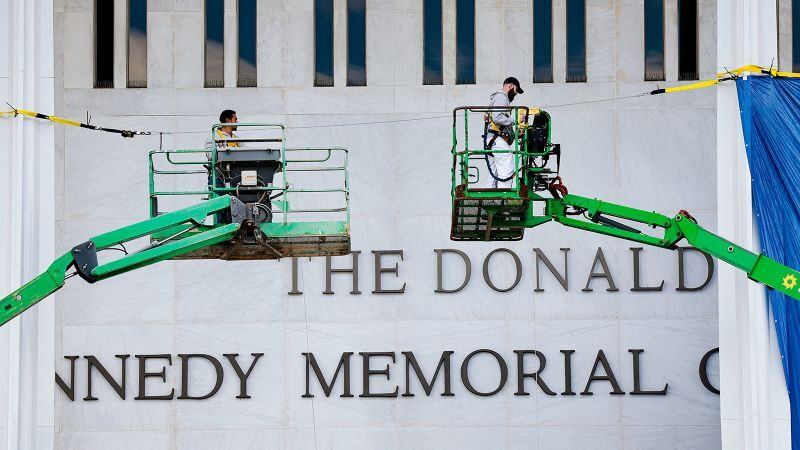Father knew it was inevitable. Rocky, his trainer, would eventually ask about the Joel Osteen book he carried around. After all, Rocky knew Father as a Hindu from the Chitti Melaka community, and it seemed strange that someone of his background would be reading an American Christian author. Rocky, being a typical Malay, was accustomed to the idea that people from Father’s community should read the Gita or other Tamil books, written in a script incomprehensible to him.
So, when Father placed the Osteen book on the table before heading to the weights, Rocky wasted no time in asking, “Are you becoming Christian now?”
Father looked up and answered, “You call Him Allah. I call Him Shiva. And for Christians… they call Him Christ.”
Rocky chuckled. Father couldn’t tell if it was because of the words Father used or simply because whenever Father spoke Malay, Rocky couldn’t help but laugh. The stereotype was so deeply embedded in Rocky’s mind—people who looked Indian should speak Tamil, English, and broken Malay. But Father, from Kampung Chitti, had grown up speaking Malay fluently.
Still, every time Rocky laughed, Father would chuckle along. He appreciated Rocky’s shy smile, despite the missing teeth. In fact, Father wished that over time, Rocky would feel more comfortable being himself, letting go of his self-consciousness.
“You’re really reading Joel Osteen?” Rocky asked. “Do you even know who he is?”
Father tilted his head. “He’s from America. Very far from Malaysia.”
“Not just that,” Rocky said. “He’s a missionary. A missionary.” His tone carried a mixture of disbelief and judgment.
Father’s lips quirked into a half-smile. He knew what a missionary was. In fact, Father had watched Joel Osteen on television decades ago in his kampung. He admired the man’s confidence, the aura he carried. Even though Father was deeply rooted in his own beliefs and had no intention of converting to Christianity, he saw a lot of value in Osteen’s ideas about family, integrity, and financial success.
They were talking about strength today, though—not religion. Rocky had hired himself out as a trainer, paid by the hour to help Father build strength in his abdominal muscles. Father wasn’t about to get into a theological debate, so he merely said, “Are we starting?”
“Let’s do it!” Rocky shouted, bouncing around in mock American enthusiasm. It was almost as if he was trying to emulate a Hollywood fitness instructor, but the accent didn’t quite match.
Rocky stood behind Father, placing his hands on Father’s back to help with posture, pulling Father’s muscles into alignment. It was meant to help with stability, but all Father could feel was his belly pressing out, more visible now under his shirt.
They started lifting the weights. Rocky wanted Father to do a hundred reps. Father, at seventy years old, knew his limits. As Father struggled to complete the lifts, Rocky’s American-style motivational shouts filled the air: “Come on, keep going!” “Let’s go, you can do it!”
Father thought about the lessons he had read in Osteen’s books—the importance of family and integrity, even in the pursuit of wealth.
At rep thirty-seven, Father thought, Who is Rocky to judge Osteen?
“Forty-five! Forty-six!” Rocky yelled, his voice encouraging.
Father’s thoughts swirled—there was so much in the world to learn, so much wisdom to absorb, regardless of someone’s race or faith.
The weight felt heavier now, the repetitions starting to blend together. Father paused. “Let’s stop. I’m getting a cramp.”
“Again?” Rocky said, pacing around. He muttered something under his breath, then stopped. He turned to Father. “Your muscles are like machines, you know. Machines need oil to run smoothly. You need to eat better.”
Father tried not to bristle. He had been a doctor for many years and knew what nutrition meant. But Rocky had not been speaking as a professional—just as a trainer. A good one, perhaps, but still someone who only knew part of Father’s story.
Father exhaled deeply, unsure of how to respond.
They both paused for a break. Rocky went to grab water, coming back with two cups. He handed one to Father, and they clinked their cups in a silent toast. It was a small gesture of camaraderie, one that felt genuine despite the tension in the air. They drank quickly.
As Father rested, he wondered if he was being too quick to judge Rocky. He had been quiet about his frustrations, keeping his thoughts to himself when he should have opened up. Maybe they both had something to learn from each other.
“You ever thought of reading Joel Osteen?” Father asked after a while.
Rocky seemed confused by the question. “Why would I?”
Father smiled softly. “If you read him, you’ll learn something too.”
Rocky tilted his head, and the gym air felt thick with an unspoken understanding. “My English isn’t good enough for that kind of book,” he muttered.
Father, still smiling, replied, “If you keep practicing, you’ll improve.”
Rocky seemed to take that to heart. He shrugged, then said, “That’s why I speak English with you. Your English is good. Maybe you can help me.”
Father smiled, but his expression faltered. He had been too focused on his insecurities about being part of the minority, being Malaysian but not fully Malaysian. But now, he realized, Rocky’s reasons for speaking English weren’t about judgment—they were about trying to improve, just like everyone else. In the end, it was about shared experiences, struggles, and growth.
Father took the book from Rocky’s hands. “I came from a poor family too. I learned what I needed to succeed from books like these.”
Rocky wasn’t convinced. “I don’t think I want to learn from someone like him.”
“And that,” Father said, “is the problem with your generation. You judge too quickly.”
Rocky didn’t argue. “I’ll read the book. If I like it, maybe I’ll ask for another. If not, we won’t talk about it again.”
“Deal,” Father said.
And as he left the gym, Father realized something: It wasn’t his place to push his own lessons onto Rocky. Everyone had their own path to follow. Their connection was about understanding, not persuasion.















